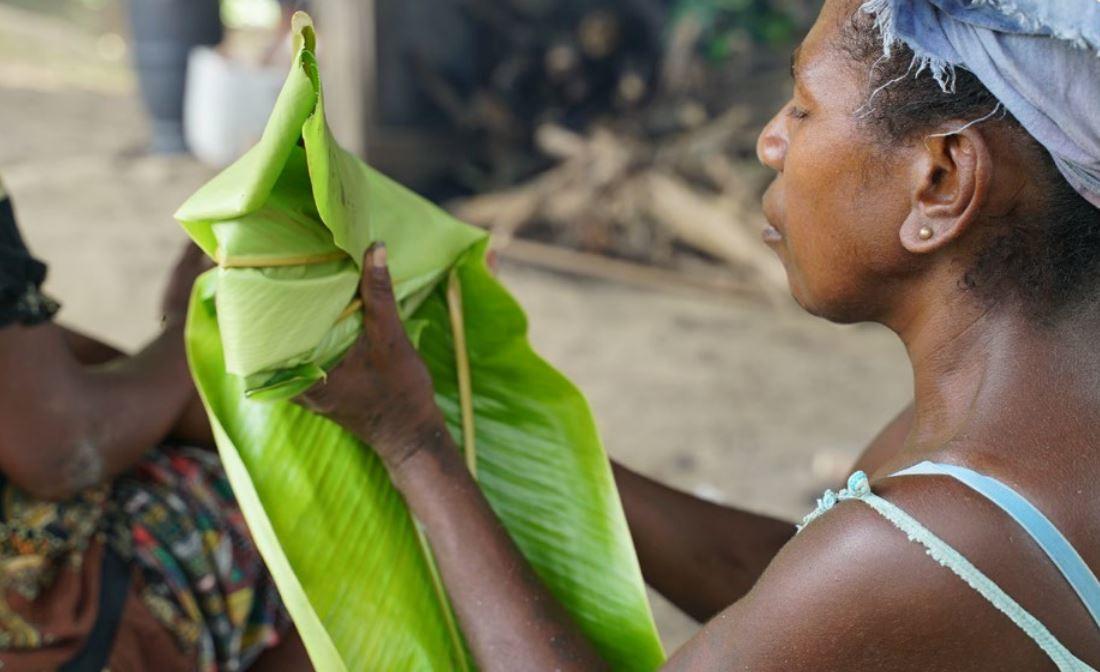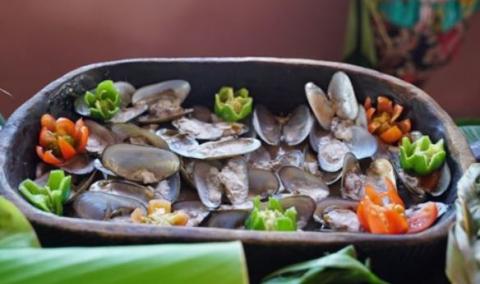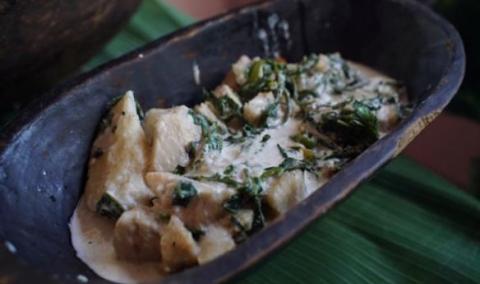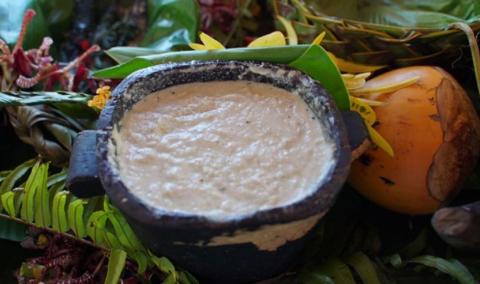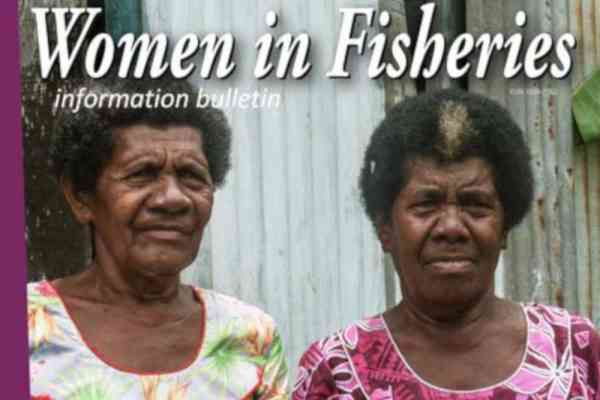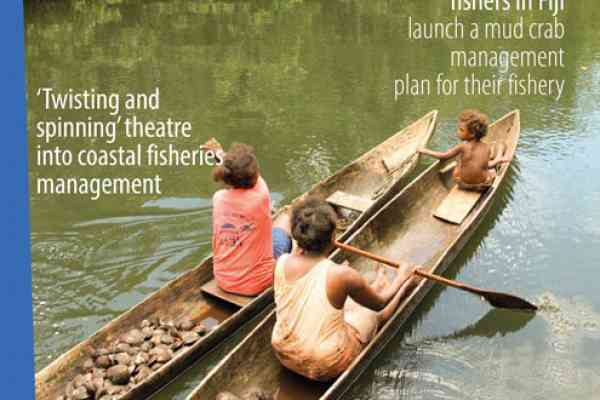Pacific Islanders are among the biggest consumers of aquatic foods – both animals and plants – in the world (Bell et al. 2009). On average, a Solomon Islander consumes 73 kg of aquatic food per year, and after roots and tubers, it is the most frequently consumed food group in the country (Farmery et al. 2020). Wild foods collected from environments such as forests and water bodies are increasingly being recognised as important food sources, especially in rural areas (Bogard et al. 2021). About 68% of all households in Solomon Islands catch fish or shellfish, and one-third of all households in urban areas are engaged in fishing activities (SINSO 2015). Indigenous food plants6 , which support rural food and nutrition security, are found throughout the Solomon Islands, and are part of an exchange system that has evolved throughout the centuries (Ross 1978). This system, however, has been disrupted in recent decades through the importation of processed and unhealthy foods that cause devastating public health outcomes (Andrew et al. 2022). Underneath the contemporary driver of imported unhealthy foods is a strong foundation of traditional foods and practices, which offer an opportunity for more resilient and healthy societies. For example, indigenous foods and practices were cornerstones for rural food security during the COVID-19 pandemic in Solomon Islands (Eriksson et al. 2020) and in other Pacific Island nations (Ferguson et al. 2022).
Innovating with traditional foods is increasingly viewed as a way to work towards positive changes in nutrition and move away from imported foods. Many aspects of rural food production, processing, marketing and preparation are traditionally the domain of women (Ross 1978). Women and girls play a crucial role in ensuring the sustainability of food for rural households and communities. This subsistence fish catch is vital to food security for families and rural communities, and is equally important for maternal and child nutritional health (Albert et al. 2020). Women, also play a dominant role by selling goods and organising local village markets, where they can sell fish and cooked food (WorldFish 2021). Women have a key role to play in the positive transformation of food systems for the health of people and the environment.
Read this full story from the SPC's Women in Fisheries Information Bulletin.
